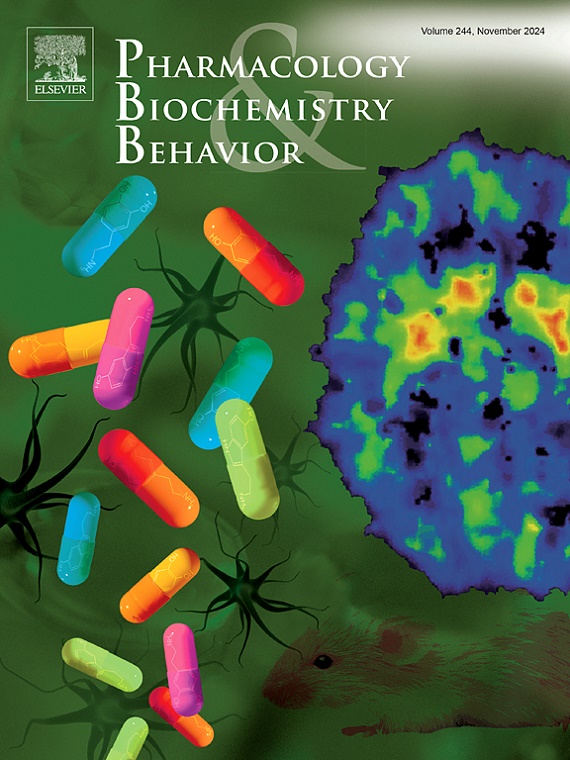Short-chain fatty acids in Huntington's disease: Mechanisms of action and their therapeutic implications
IF 3.3
3区 心理学
Q1 BEHAVIORAL SCIENCES
引用次数: 0
Abstract
Huntington's disease (HD) is a progressive neurodegenerative disorder characterized by motor dysfunction, cognitive decline, and emotional instability, primarily resulting from the abnormal accumulation of mutant huntingtin protein. Growing research highlights the role of intestinal microbiota and their metabolites, particularly short-chain fatty acids (SCFAs), in modulating HD progression. SCFAs, including acetate, propionate, and butyrate, are produced by gut bacteria through dietary fiber fermentation and are recognized for their neuroprotective properties. Evidence suggests that SCFAs regulate neuroinflammation, neuronal communication, and metabolic functions within the central nervous system (CNS). In HD, these compounds may support neuronal health, reduce oxidative stress, and enhance blood-brain barrier (BBB) integrity. Their mechanisms of action involve binding to G-protein-coupled receptors (GPCRs) and modulating gene expression through epigenetic pathways, underscoring their therapeutic potential. This analysis examines the significance of SCFAs in HD, emphasizing the gut-brain axis and the benefits of dietary interventions aimed at modifying gut microbiota composition and promoting SCFA production. Further research into these pathways may pave the way for novel HD management strategies and improved therapeutic outcomes.
求助全文
约1分钟内获得全文
求助全文
来源期刊
CiteScore
6.40
自引率
2.80%
发文量
122
审稿时长
38 days
期刊介绍:
Pharmacology Biochemistry & Behavior publishes original reports in the areas of pharmacology and biochemistry in which the primary emphasis and theoretical context are behavioral. Contributions may involve clinical, preclinical, or basic research. Purely biochemical or toxicology studies will not be published. Papers describing the behavioral effects of novel drugs in models of psychiatric, neurological and cognitive disorders, and central pain must include a positive control unless the paper is on a disease where such a drug is not available yet. Papers focusing on physiological processes (e.g., peripheral pain mechanisms, body temperature regulation, seizure activity) are not accepted as we would like to retain the focus of Pharmacology Biochemistry & Behavior on behavior and its interaction with the biochemistry and neurochemistry of the central nervous system. Papers describing the effects of plant materials are generally not considered, unless the active ingredients are studied, the extraction method is well described, the doses tested are known, and clear and definite experimental evidence on the mechanism of action of the active ingredients is provided.

 求助内容:
求助内容: 应助结果提醒方式:
应助结果提醒方式:


